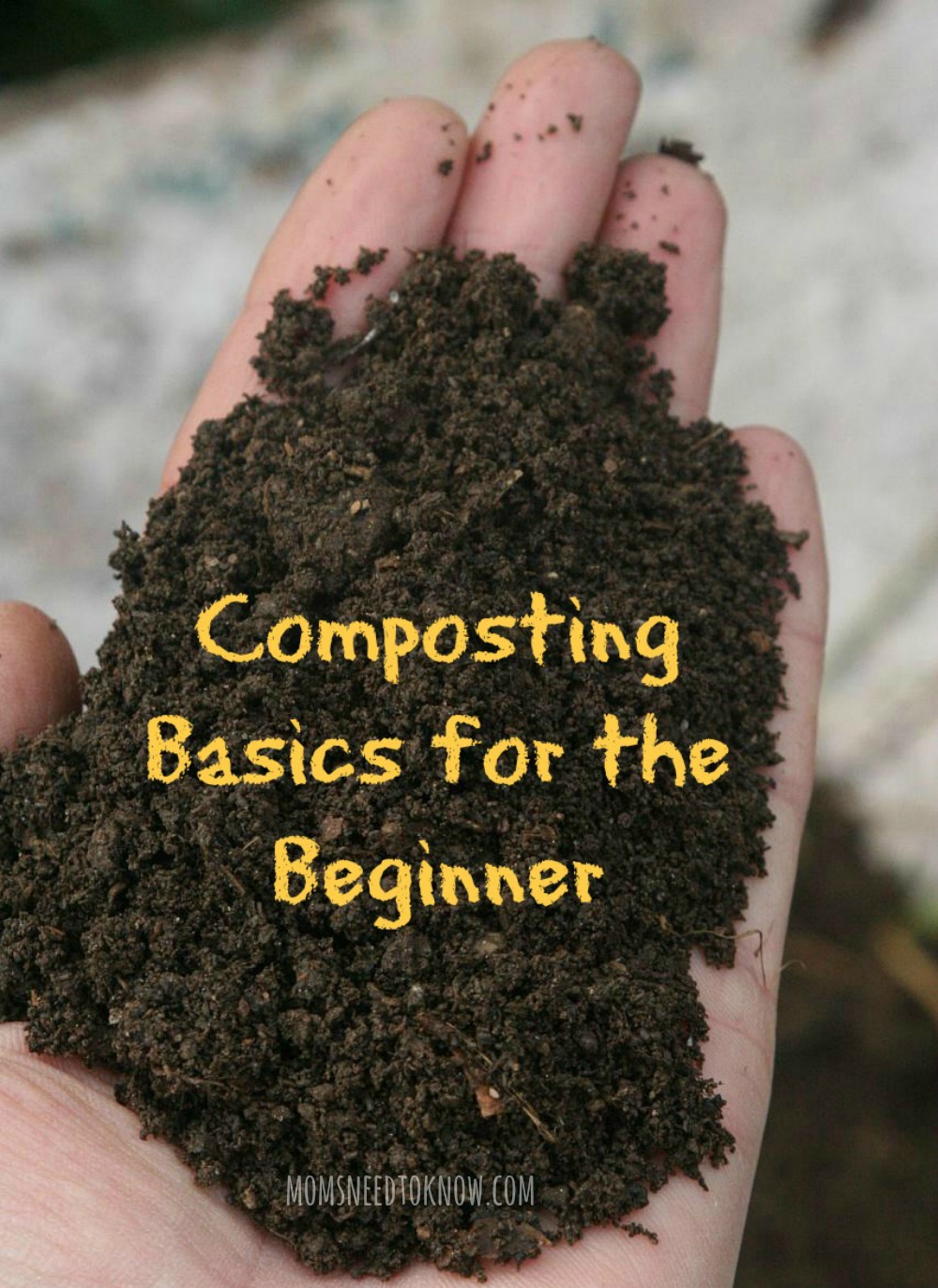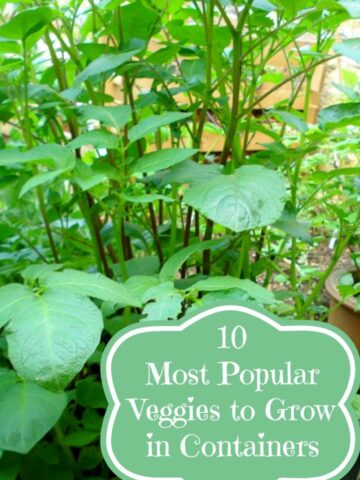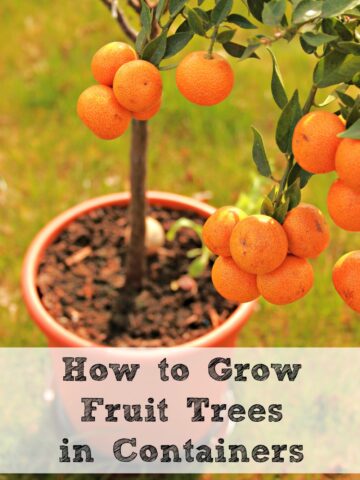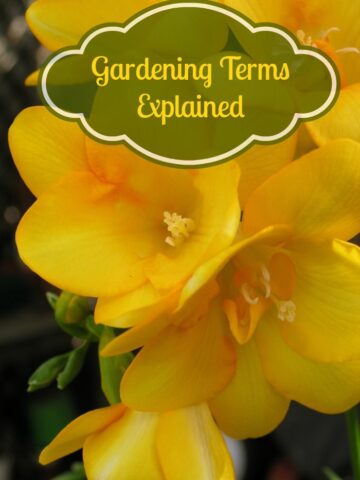
Composting is nature’s way of taking waste and turning it into nutrient-rich soil that makes a great amendment to your garden soil (especially if you are square foot gardening) or mixed into a potting soil. One of the misconceptions and why more people don’t compost more is that they are worried about the smell or that it could get overrun by bugs. You need some of those bugs to do their job and eat the refuse and produce the compost.
Basically, compost is bug poop. And it is essential to a healthy garden and a healthy environment. Bugs are the Universe’s way of cleaning up our mess!
Most of the bugs that your compost pile attracts are microscopic and you won’t be able to visually see them. If you’re lucky, you will get an earthworm or two that has found their way into your compost pile. One of the things I loved as a beginner was seeing science in action and learning how our environment worked based on something as simple as composting.
To start out your first compost pile you need to decide if it will be a true pile in a corner of your yard somewhere or are you going to invest in one of those compost bins. If you go with a compost bin, I highly recommend the composting bins that turn (and be sure to out my Getting Started with Tumble Composting post!) If you have a pile, you can create a bin made out of 4x4 wood or just leave it as a true pile. You will need to turn the pile every week to keep the microbial activity active.
To start your compost, you will need to get a few necessary ingredients.
- Start by picking up any brown materials in your yard like dried leaves or twigs. Break up the twigs if they are branches into small pieces and let the brown materials be your base.
- Then add in green materials which is easiest found in lawn clippings and newspaper.
- If you are a coffee or tea drinker, start to add the coffee grounds with the filter to the pile. This includes tea bags and loose leaf teas.
- Add in egg shells (crumbled up if you can), all your leftover fruits and vegetables except for citrus can go onto your compost pile.
- Stay away from adding meats, oil and dairy as that's when you attract the bugs you really don’t want as well as animals and even maggots. Leftover salad that never had cheese, dressing, etc put on it can go in the compost bin. Salad that has been dressed or had cheese in it is not.
- Try to cut your kitchen scraps in to smaller pieces to help speed up the composting process. For example, don't throw that banana peel in whole - chop it up a bit (and if you do any juicing, the leftover pulp is a great addition!)
Once you have all of those ingredients on your pile, add in one scoop of existing compost or potting soil if you have it, as this acts like a starter. Then grab the hose and water the compost pile down. Take a break and either use a pitch fork or a shovel to mix everything, or turn it if it is in a compost barrel. Water it down again until it is completely wet, through and through.
Every time you turn the pile over the next six weeks you let in much needed oxygen which reinvigorates the compost. If you turn it every week and keep it moist, you will have finished compost in just six weeks. You can then add this compost to your garden and enjoy watching your flowers and veggies doing a happy dance.
Do you have a compost pile? Does this make you want to start one?
You might want to check out these other gardening tips:






Stacey @ Creating My Happiness
Thanks for sharing! I'm hoping to get my first square foot garden started this summer so I'll keep this in mind.
Penny Cochrane
Thanks so much. This was very helpful it is easier but there was things I did not know .
TwoPlusCute
I have a compost bin that the previous owners left. After reading your post, I am sold. I want to start composting!
Right after the snow melts that is.
Mindi Cherry
Oh - you will so love it! And it will reduce your waste from the kitchen and do WONDERS for your garden!
Rachael
I think this sounds awesome. One question is: can I keep adding kitchen scraps to the pile over the 6 weeks or do I need to make a pile and leave it alone?
Also will the compost look like dirt when it's done?
Can you use strictly the compost dirt to plant or should it be incorporated in with potting soil?
Can you put It in an old garbage can to do its thing or is that plastic bad for it?
Does it smell?
Thanks so much!!!!
Jo Ann
My 17 yr old son took a wheely garbage can, drilled holes all around sides and bottom and through handle for a bungie to keep it closed. its easy to roll around in the yard, to turn my compost, keeps air circulating and allows for drainage, keeps critters out! works great and I can move it out of site if I want. Does NOT smell!
Mindi Cherry
That is awesome! Just keep trying to turn it every week and soon you will have some awesome compost for your garden!